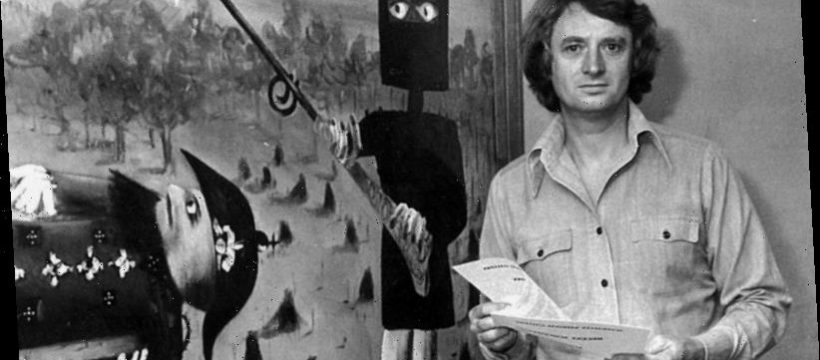The founding director of the National Gallery of Australia James Mollison has died. He was 88-years-old.
Mollison was appointed director of the NGA in 1977 but he had acted in that role since 1971, overseeing the building of the gallery and the creation of the gallery’s collection.
His tenure as director, which ended in 1990, was marked by the then-controversial decision to purchase Jackson Pollock's abstract painting Blue Poles for $1.3 million in 1973. Now estimated to be worth $350 million, it's considered as the piece of art that put the gallery on the world map.
The National Gallery of Australia’s founding director, James Mollison has died at age 88.Credit:Fairfax Media
The gallery's current director Nick Mitzevich said Mollison was "one of Australia’s greatest museum directors," and it was bold choices like the Pollock purchase that showed Australia could have a world class art collection.
"His fearless risk taking inspired an entire country to talk about art," he said.
Mitzevich said Mollison's "visionary leadership" was evident in every conversation the pair had.
"When I step into the galley tomorrow, I will feel his absence. But his courage and pioneering spirit is what I hope to carry into the future."
Mollison looking at Blue Poles with NSW Art Gallery director Peter Laverty in 1974.Credit:Fairfax Media
In a statement, the NGA said Mollion inspired and provoked people with other works of art including Sidney Nolan's Ned Kelly series.
"In bringing together so many influential and extraordinary works, he wanted visitors to experience art history and leave knowing much more about art than when they first arrived," the statement said.
"This pioneering spirit together with his courage is what we carry into the future."
In 2002, more than a decade after leaving the top job at the NGA for the role of director at the National Gallery of Victoria, Mollison said: "What I wanted to do [at the gallery] was put together works so that people could read them as history and leave knowing much more about art than they did when they arrived."
Source: Read Full Article


